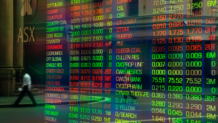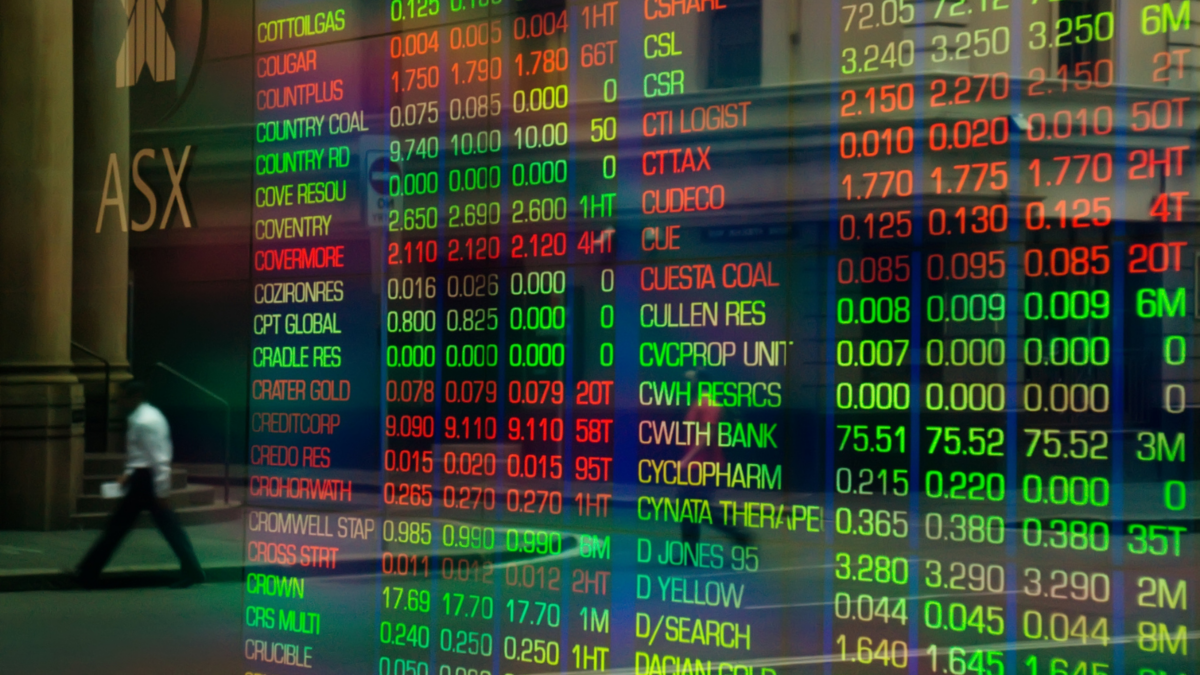Recession plus ESG uplift spells ‘worry’ for REITS: Clearbridge
Necessary improvements to the environmental bona fides of commercial buildings in the mid-term, combined with a more immediate looming recession, make REITS a more worrisome proposition than infrastructure at the moment according to Nick Langley, the respected managing director and portfolio manager out of Clearbridge Investments.
Speaking on a fireside chat during The Inside Network‘s recent ESG event in Tasmania, Langley – who also co-manages the firm’s global infrastructure investments – said that while infrastructure assets will continue carrying the burden of inflation in the near future there is likely more to be concerned about with REITS, both in the dominant US market and around the world.
“The first thing, on the infrastructure side, is you’re getting pass through of inflation,” Langley explained, referring to the tendency of infrastructure company revenues to be partially indexed on inflation. “You get that kind of direct exposure of rising bond yields and inflation, which is important.”
In the current inflationary dynamic this may add risk to infrastructure investments such as utilities, which pass through costs on tariff negotiations with regulators, or road toll projects that have CPI-linked revenues.
Yet those risks, Langley believes, aren’t as great as the ones faced by REITS. An impending recession in developed economies makes commercial property investment a more delicate proposition.
“I worry about some of the REITs, particularly around the office side,” Langley said. “When you go through a downturn – and we think there’s going to be a recession in the US, Europe, UK… and China is going to be below trend growth – your vacancies increase, and therefore you’ve got to increase your incentives, get new tenants into spaces and so on.”
This, combined with requisite improvements to the ESG standards of buildings, has the potential to put downward pressure on REIT returns according to the portfolio manager.
“And that’s coming at a time when regulated governments are going to start saying ‘Hey, listen, we need to green up our buildings a bit’, [so] there’s going to be quite a lot of capital expenditure, I think, across real estate.
“For example, the International Energy Agency, which is working with governments around the world on their targets… thinks that by 2030, we need to have refurbished 25 per cent of our building stock across developed markets, so that’s a lot of buildings that need to go green. They’re going to have to replace heating systems, do something with windows to cut out UV light and the like.”
Compared to REITS, infrastructure has a few fail-safes that limit this danger.
“The property sector could end up being quite procyclical at a difficult time in terms of their capex cycle, whereas on the infrastructure side, because you’re regulated, your upside is capped,” Langley said. “If you earn too much money, you literally have to give it back to your customers. As to your downside, if you don’t earn enough, you get to increase your prices to bring up your allowed returns.”











